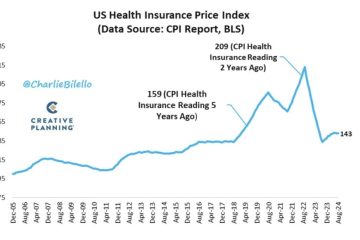Joseph Stiglitz: Insights from a Leading Economist

Introduction
Joseph Stiglitz, an acclaimed economist and Nobel Laureate, has significantly influenced economic thought. Best known for his work on information asymmetry, Stiglitz’s contributions extend to discussions on inequality, globalisation, and the role of policy in shaping economic landscapes. In a world grappling with widening wealth gaps post-pandemic, his insights remain particularly relevant.
Current Relevance of Stiglitz’s Work
As recent economic models continue to face scrutiny, Stiglitz’s critiques regarding mainstream economics resonate. His warnings about income inequality, especially in light of the COVID-19 pandemic, highlight how economic policies can either bridge or widen the wealth divide. Stiglitz pointed out that the pandemic exacerbated existing inequalities, with low-income workers suffering disproportionately. His arguments emphasize the need for policies that distribute wealth more equitably.
Stiglitz on Globalisation
In his various writings and lectures, Stiglitz has examined globalisation’s double-edged sword, advocating for a model that supports fair trade and environmental sustainability. He argues that many countries have not benefited from globalisation as anticipated, primarily because policies have not considered equitable talent and resource distribution. This aspect has garnered attention as nations rebuild their economies, focusing on sustainable development and equitable growth.
Recent Events and Insights
Recently, Stiglitz participated in several international forums discussing climate change and economic recovery strategies, emphasizing the intersection of economic policy and environmental sustainability. His call for responsible governance and economic restructuring has only intensified as nations face mounting pressures from climate change’s impacts. Furthermore, his critique of austerity measures in the wake of the pandemic has sparked debates in economic policy-making circles, urging governments to reconsider their economic recovery strategies.
Conclusion
Joseph Stiglitz continues to shape discussions on pressing economic issues, especially around inequality and sustainability. As governments worldwide grapple with recovery and restructuring, his insights serve as critical reminders of the importance of equitable economic policies. The significance of Stiglitz’s work will likely grow as we navigate an increasingly complex global economy, making his contributions vital for both policymakers and the public alike.









